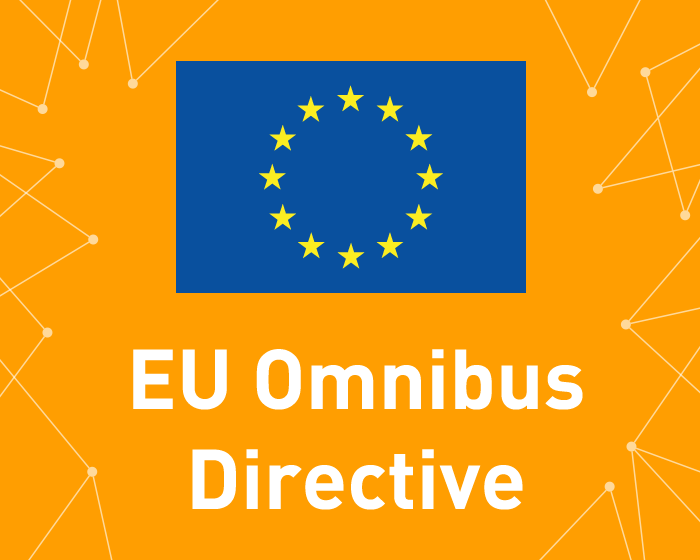Now that the dust has settled, I’ve been reflecting on what last week’s Omnibus proposal from the EU Commission truly means. What’s at stake? The effectiveness of corporate due diligence and responsible business conduct.
Many of my fellow sustainability practitioners and lawyers have already broken down what the Omnibus legislation entails. If you’d like a comparison with the current legislation, let me know—I’m happy to share it (send me an email at l.unger@humanrightsatwork.nl)
What Does This Proposal Actually Mean in Practice?
I wanted to let it sink in before sharing my thoughts. Leaving aside my initial shock at the process and the possibility of revising long-negotiated legislation (CSDDD) before it has even entered into force, I believe it’s important to focus on what this means in practice.
Since the Corporate Sustainability Due Diligence Directive (CSDDD) has undergone the most technical changes, let’s take a closer look at one key aspects:
Limiting Due Diligence to the First Tier
This proposal restricts due diligence efforts to the first tier of the supply chain—something many companies already do in practice.
Most businesses focus their efforts on identifying risks at this level and rely on tools like supplier self-assessment questionnaires (SAQs) and third-party service providers to gain reassurance that their suppliers meet compliance standards. A practice that is not always leading to meaningful change.
In the new proposal, companies will still need to assess risks beyond the first tier when they have “plausible information” about adverse impacts. This will make it difficult to ignore: child labour in the cocoa sector, forced labour in weavery mills, health and safety in mining, or living wages in the sourcing of tomatoes, to name just a few examples.
While the requirement to proactively search for risks throughout the entire supply chain is no longer mandatory, it still makes sense—society will continue to expect companies to take responsibility.
Some leading companies already go beyond the first tier, increasing their leverage at the raw material level through multi-stakeholder initiatives (e.g., the Roundtable for Sustainable Palm Oil) to address human rights and environmental risks. However, these efforts often depend on audits and certifications—methods that, as we know, have limitations when it comes to effectively safeguarding human rights. Some are, indeed addressing the real problems for farmers, or workers.
Effectiveness of Due Diligence in the First Tier
Many stakeholders, including NGOs, recognize that current practices of due diligence in the first tier alone is often insufficient. Simply auditing suppliers or relying on certifications won’t lead to real change.
Instead of spending excessive resources investigating risks in deeper supply chain tiers, companies may achieve greater impact by improving due diligence efforts where they have direct influence—with their first-tier suppliers. Making smart choices which high risk business partners to support and which risks beyond tier one can be mitigated together.
✅ Engaging and supporting suppliers rather than just monitoring them
✅ Ensuring clear expectations and capacity-building to enable them to meet human rights and environmental standards
✅ Reforming purchasing practices so they align with responsible business conduct
If first-tier suppliers are truly empowered to conduct their own due diligence, these efforts can cascade further down the supply chain—potentially leading to more systemic change.
The good news? This critical part of the CSDDD of supporting suppliers remains intact. If it’s implemented effectively, we could still see a real shift toward meaningful, lasting change.
What do you think? Would the focus on the first tier be really problematic as a bottomline?
